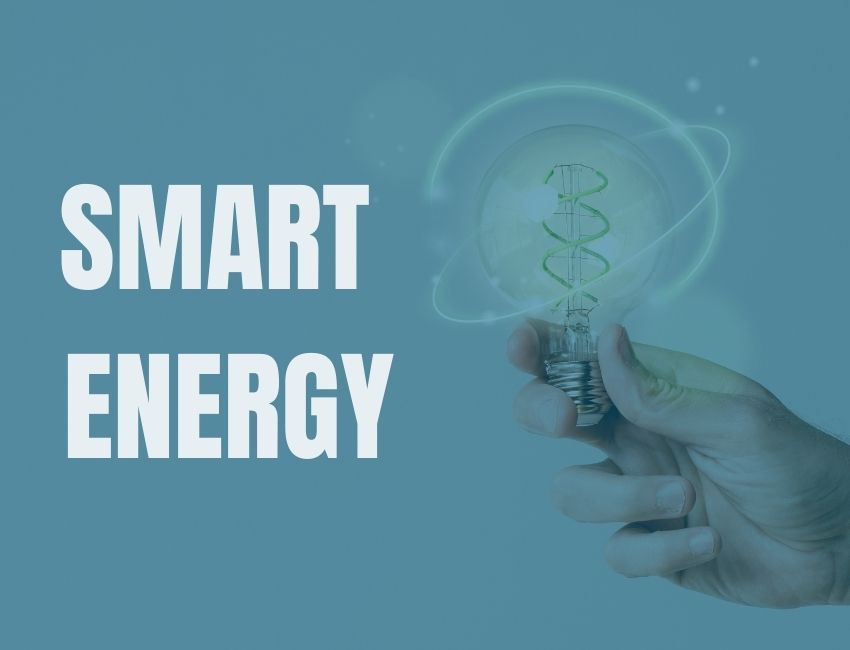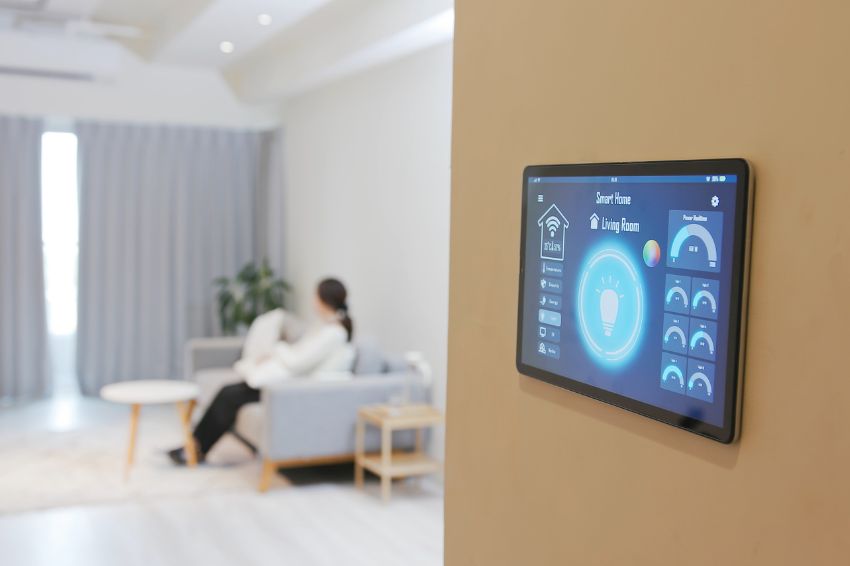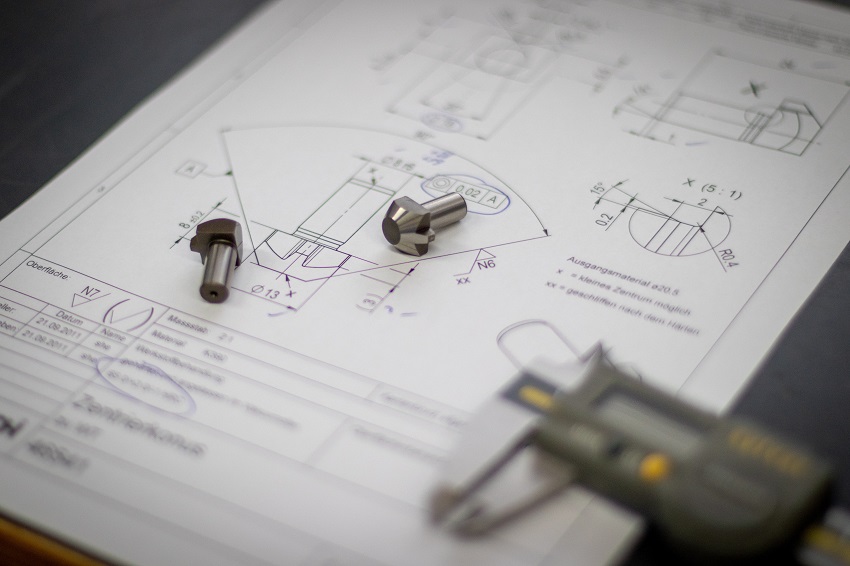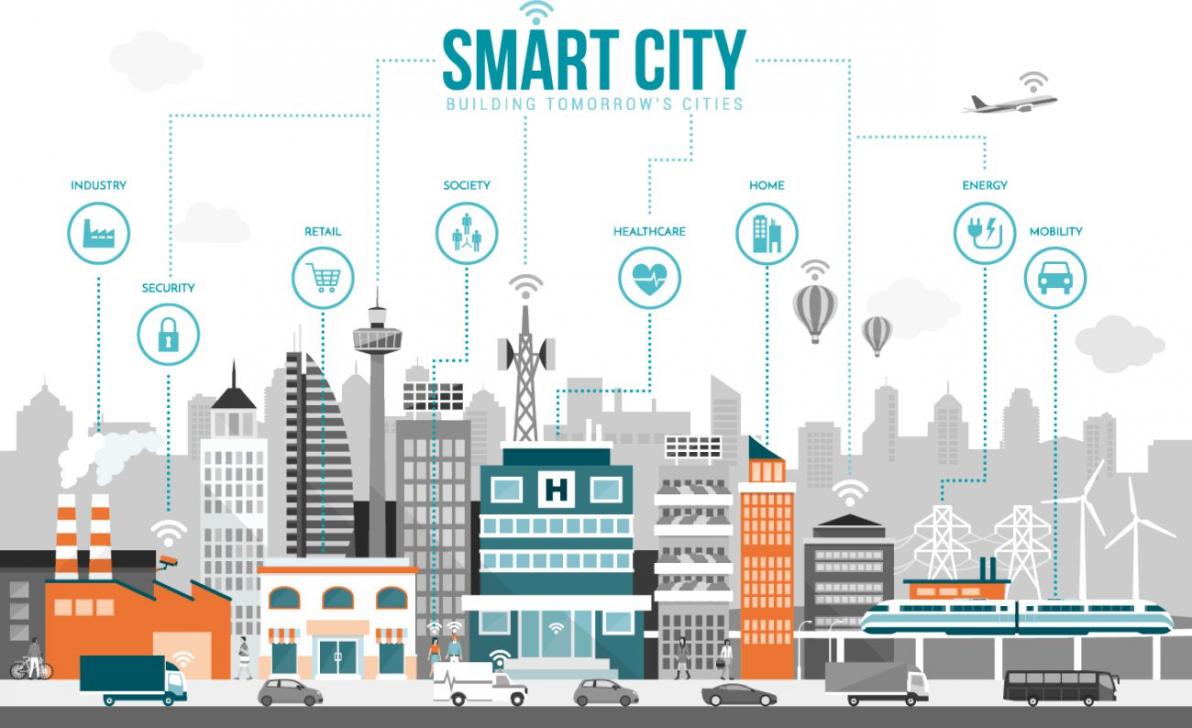Smart energy is an approach that has appeared in the utilities industry since some time ago. However, this hasn’t been implemented in all countries. There are different aspects that delay the implementation of smart energy, such as poor infrastructure, the need for an enormous investment, and the slow adoption of new technologies.
Smart energy is now more important than it was years ago. Since the technology has advanced, it is more possible to implement greener energies in the cities. In this article, we want to show you some benefits of implementing smart energy in companies, factories, and houses (see IoT energy solutions).
What is smart energy?
Smart energy appears as a proposal to solve the key problems of the current energy supply model, that is, a lot of energy is wasted between the production process and the final consumer. Also, the traditional model of energy supply cannot control the amount of energy that the final user uses needlessly.
Smart energy solutions are born as a set of devices to manage energy efficiently; they work thanks to the use of Internet of Things solutions, which is why IoT is so important. These devices adapt the energy supply to the needs of the consumers. Also, the focus of smart energy systems is to foster sustainable energy sources that are eco-friendly.
Smart energy electricity supply
Because of climate change and the risks it presents for humanity, it is necessary to change the traditional model where the utilities company sells energy and the final consumer pays for it.
With the use of a smart energy grid, there can be a balance between supply and demand. Thanks to smart energy meters, there is an intelligent distribution of energy. This means that houses, factories, and companies can reduce energy consumption. Therefore, save money, and help the planet.
Benefits of smart energy implementation
1. Revenue
With the proper technologies, energy can be transmitted efficiently and saved for later use. If there is any problem with energy supply, the restoration of the service is faster since different devices can monitor where the problem is and fix it in the shortest time possible.
A good implementation of smart energy helps houses, factories, and buildings to improve their performance with the different assets that depend on energy; giving them a better lifetime (See energy efficiency).
Also, when energy is stored and not used, these companies, houses, or facilities that are saving energy in some kind of micro energy stations can sell it back to the grid, and get some revenue from it.
2. Cost-savings
Energy costs are rising everywhere. According to the Energy Efficiency Investment Survey 2022, a global survey conducted by Sapio Research, “nine of ten respondents indicated that rising energy costs are at least a minor threat to profitability, while 53% perceived it as a moderate or substantial threat”. Also, this survey found that 59% of the companies interviewed are willing to invest in energy efficiency technologies as a strategy to reduce energy costs.
Each company has a specific demand for energy, and it is necessary to understand how it behaves throughout the month and the fluctuations it presents. This way, through different monitoring devices, the companies can prioritize the reduction of energy consumption and save it for the moments of the highest peaks. Therefore, the energy that has been stored during the moments of low consumption can be used in the high demand hours to reduce energy costs.
3. Decarbonization
Using alternative sources of energy is necessary to help the environment, since the pollution generated by humanity is reaching alarming levels. If we use different types of smart energy (solar energy and natural gas), we will gradually perform a decarbonization process, which will contribute to reducing global warming.
Solar energy is unlimited, it doesn’t affect the environment. This type of energy has become very popular in the United States.
On the other hand, natural gas is another renewable energy. Compared to fossil fuels, this type of energy is safe for the environment, since its effect is almost insignificant.
4. Capacity
Smart energy brings the opportunity to democratize energy for almost everyone. Now every company, factory or house can have their own energy generators. This reduces connection costs that can be too complex for different areas of the cities (urban and rural).
5. Resilience
Every company or house that is using smart energy will use it differently; productivity or entertainment. This means that smart energy allows utilities companies to create different strategies based upon the consumption of every place.
If there are strategies and statistics on smart energy consumption, measures can be taken when it is necessary to spend more energy during the winter or hot summer seasons.
6. Flexibility
Smart energy systems can provide you with real time information of the moments of the day in which you spend more energy. So, having smart energy devices can help you reschedule your daily activities, or at least, change the ones that spend the most energy to the times in which the energy usage is less expensive.
We hope you liked this article about smart energy. We invite you to comment below if you know more benefits of implementing this model in the cities. Are you already using smart energy? How useful has it been for your business?
At DeepSea Developments, we love to create IoT hardware devices, and to offer IoT product development services. If you have any business idea, contact us.





